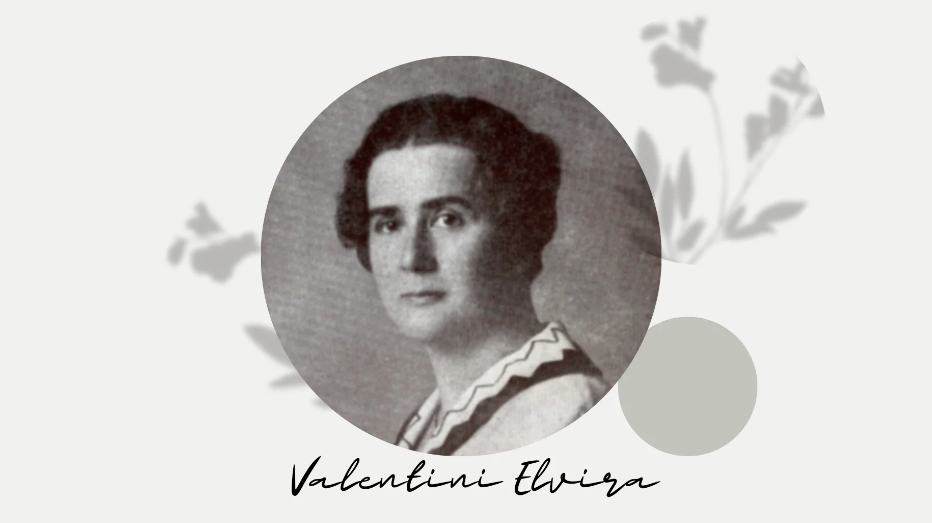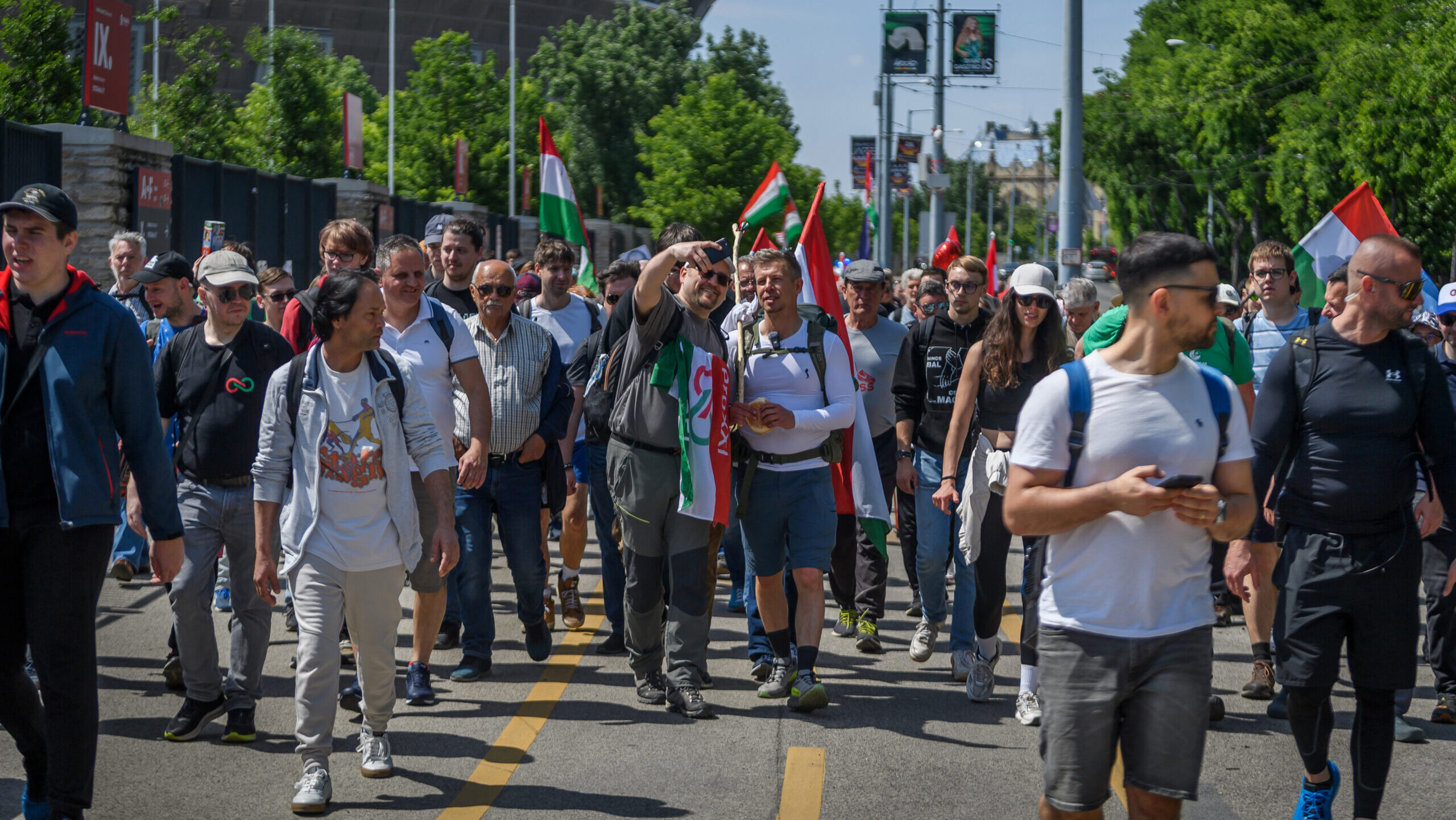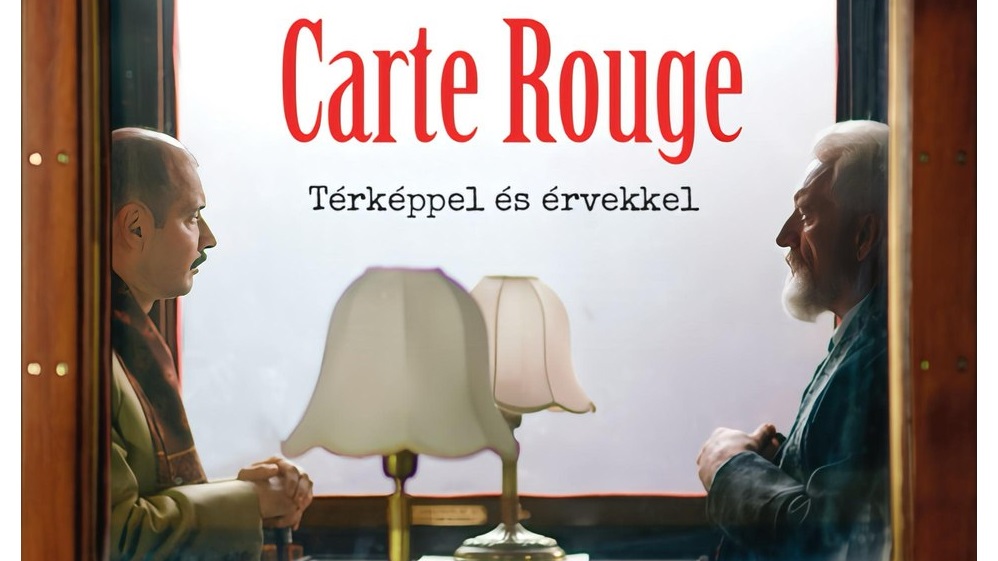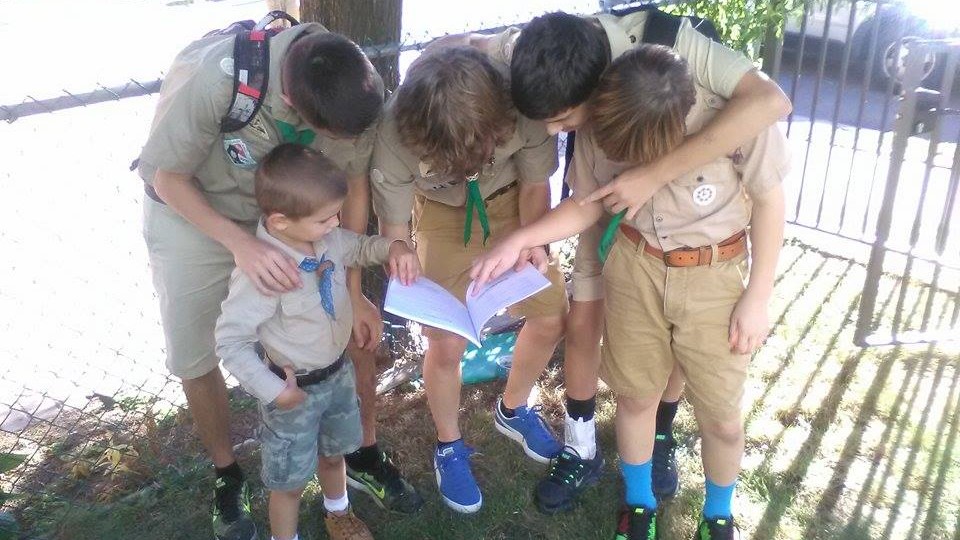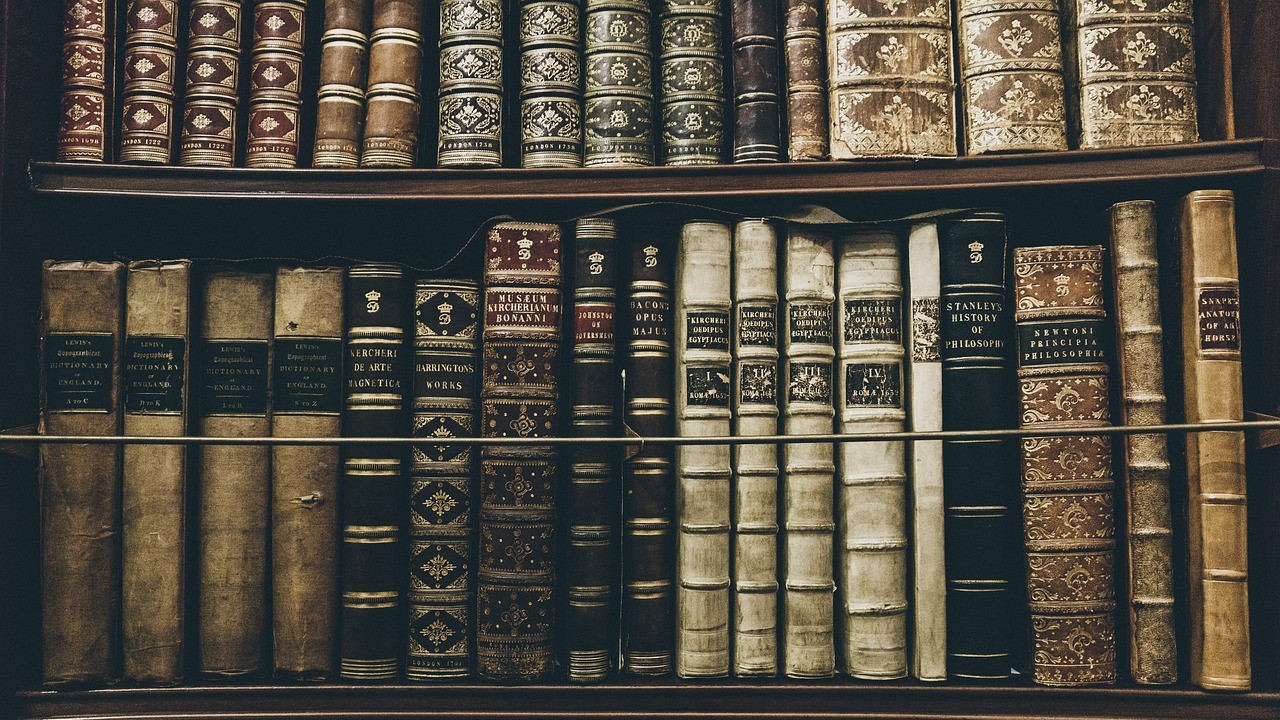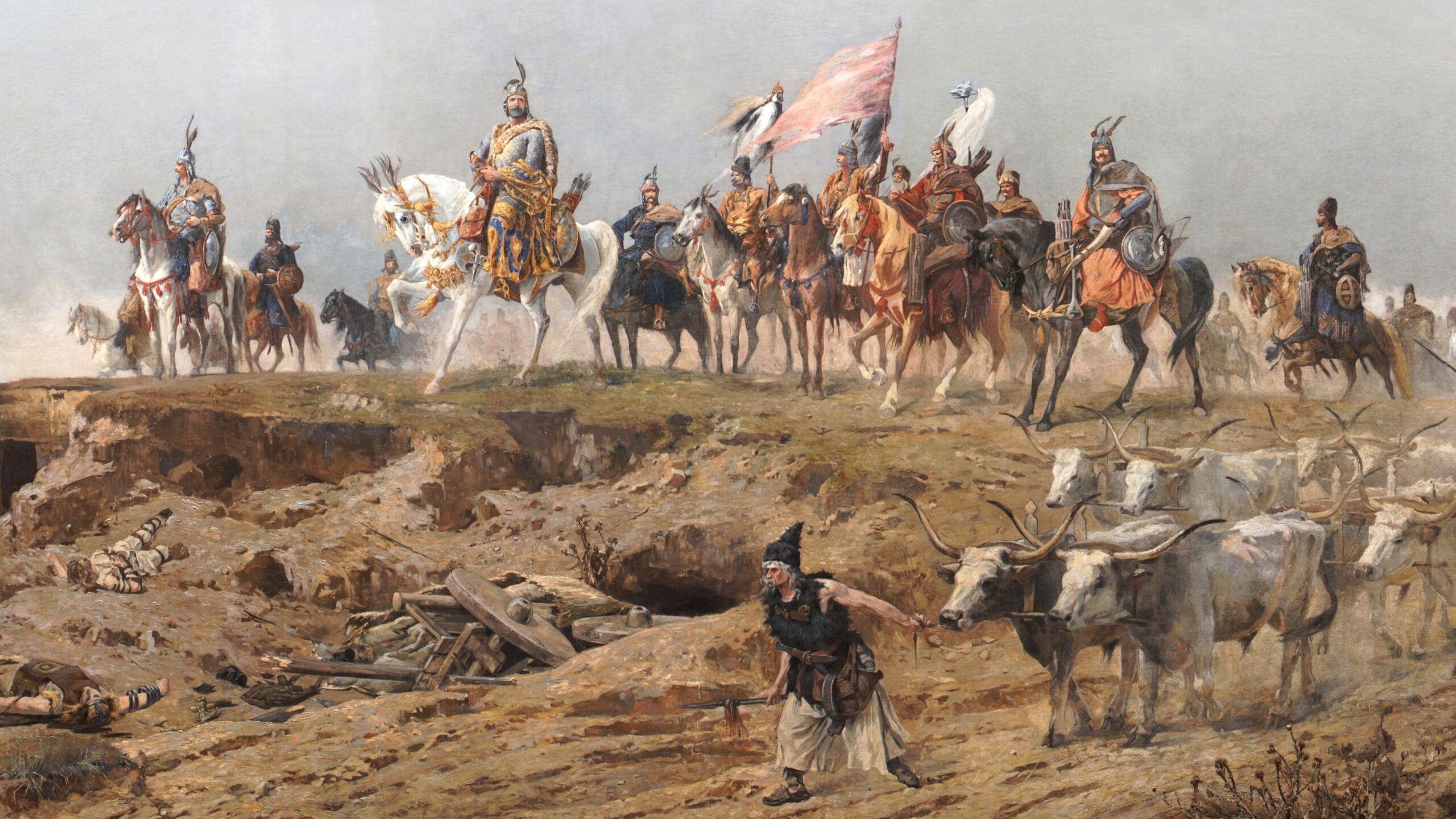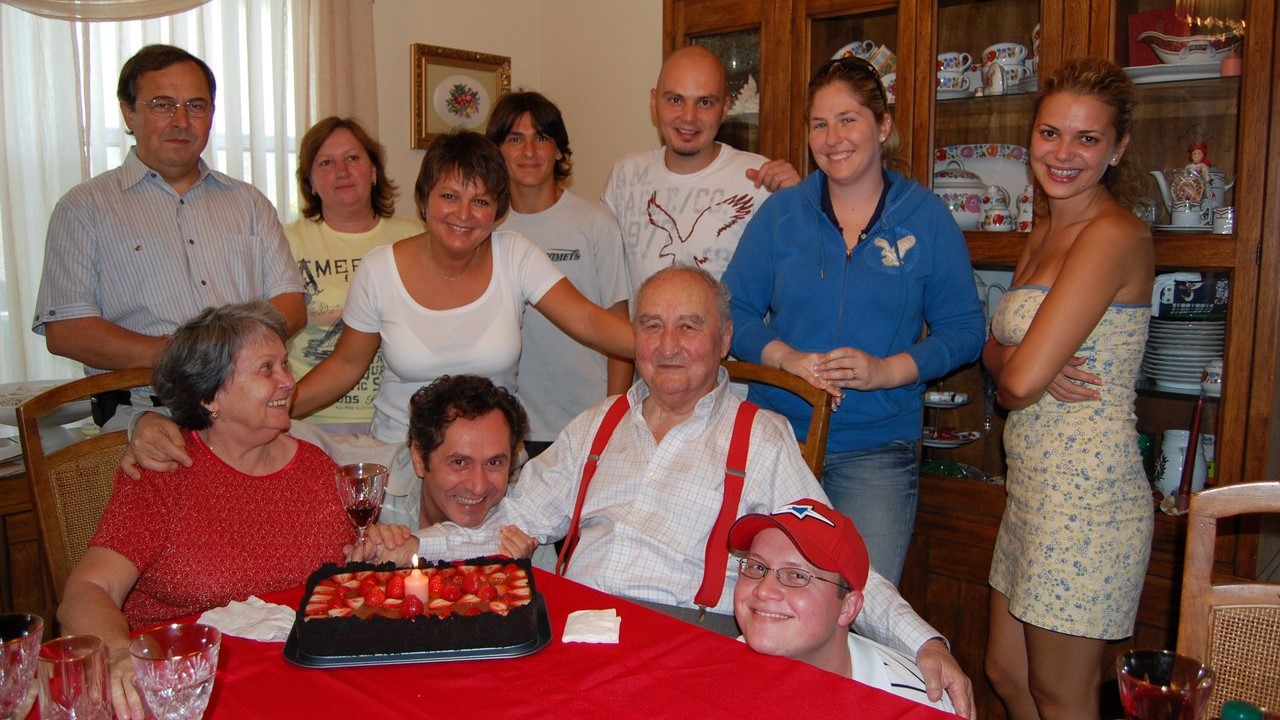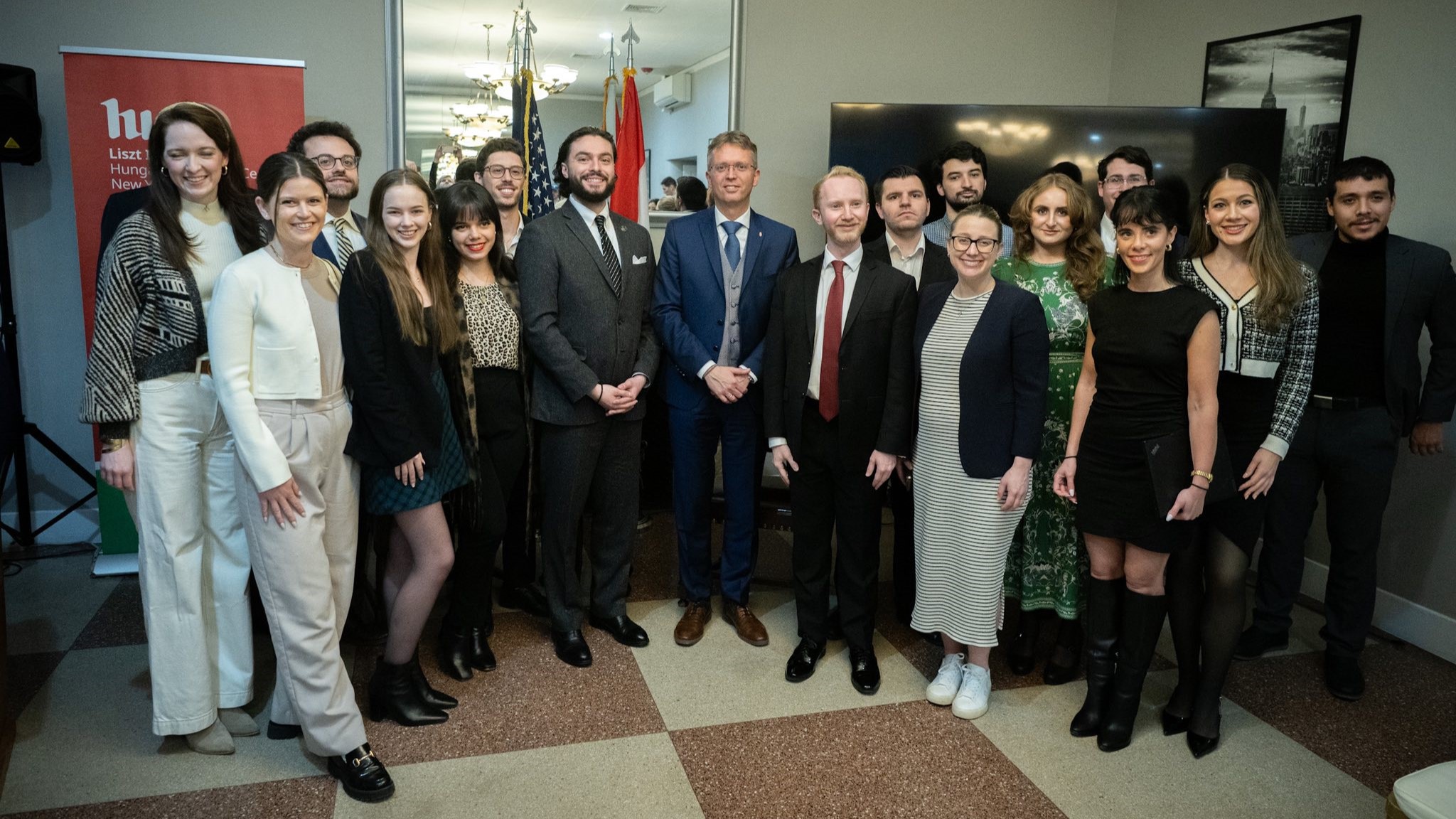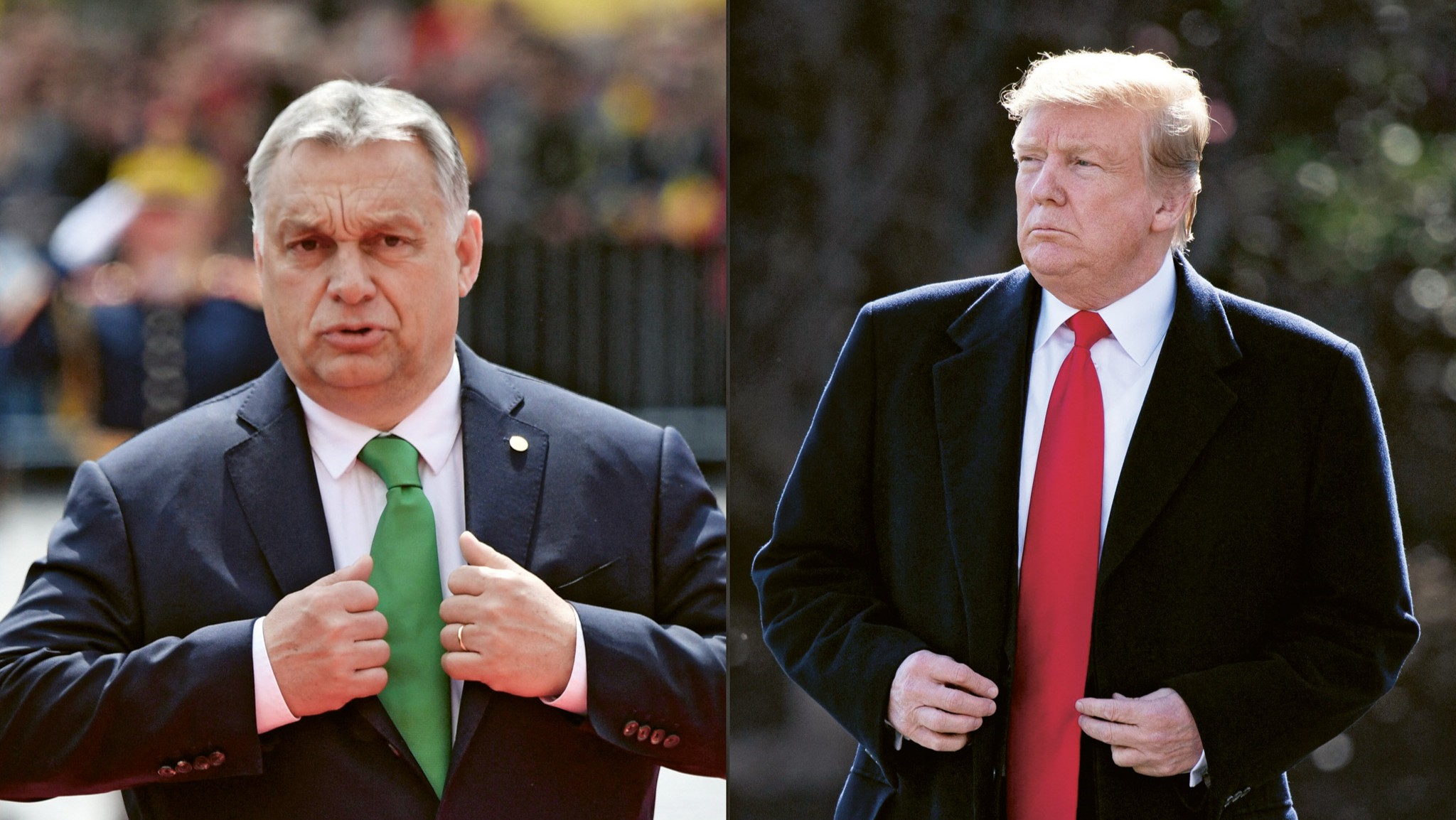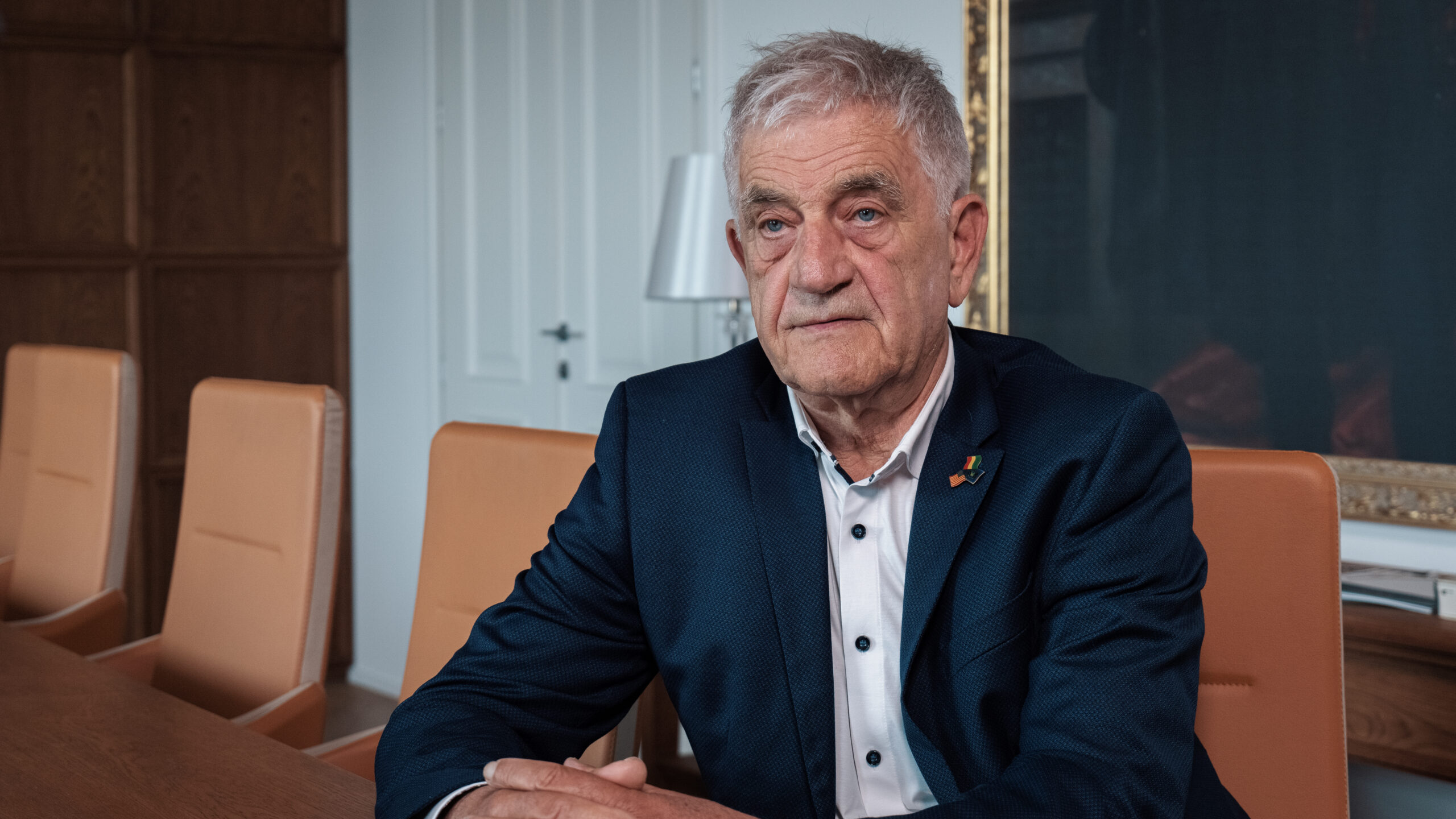
The Dilemma of Becoming a Leader — An Interview with Sándor Kürt
‘If you are an excellent professional, you can thrive in a smaller market. But if you are a leader, there are no limits to the size of the market you can serve,’ highlighted Sándor Kürt, co-founder and former CEO of KÜRT Zrt, in an interview with Hungarian Conservative.

